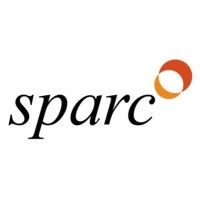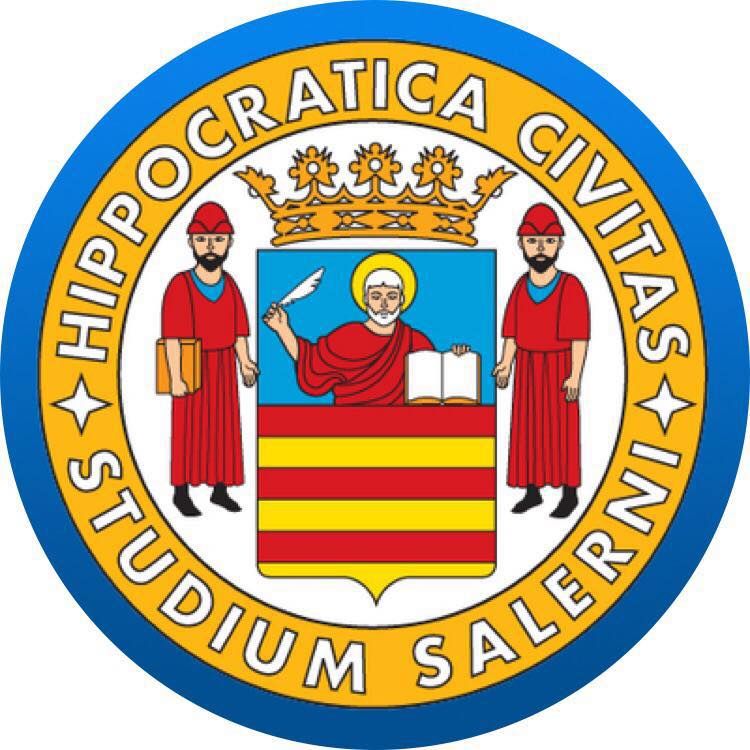Request Demo
Last update 08 May 2025
PTGES2
Last update 08 May 2025
Basic Info
Synonyms C9orf15, chromosome 9 open reading frame 15, FLJ14038 + [9] |
Introduction Isomerase that catalyzes the conversion of PGH2 into the more stable prostaglandin E2 (PGE2) (in vitro) (PubMed:12804604, PubMed:17585783, PubMed:18198127). The biological function and the GSH-dependent property of PTGES2 is still under debate (PubMed:17585783, PubMed:18198127). In vivo, PTGES2 could form a complex with GSH and heme and would not participate in PGE2 synthesis but would catalyze the degradation of prostaglandin E2 H2 (PGH2) to 12(S)-hydroxy-5(Z),8(E),10(E)-heptadecatrienoic acid (HHT) and malondialdehyde (MDA) (By similarity) (PubMed:17585783). |
Analysis
Perform a panoramic analysis of this field.
login
or

AI Agents Built for Biopharma Breakthroughs
Accelerate discovery. Empower decisions. Transform outcomes.
Get started for free today!
Accelerate Strategic R&D decision making with Synapse, PatSnap’s AI-powered Connected Innovation Intelligence Platform Built for Life Sciences Professionals.
Start your data trial now!
Synapse data is also accessible to external entities via APIs or data packages. Empower better decisions with the latest in pharmaceutical intelligence.
Bio
Bio Sequences Search & Analysis
Sign up for free
Chemical
Chemical Structures Search & Analysis
Sign up for free

